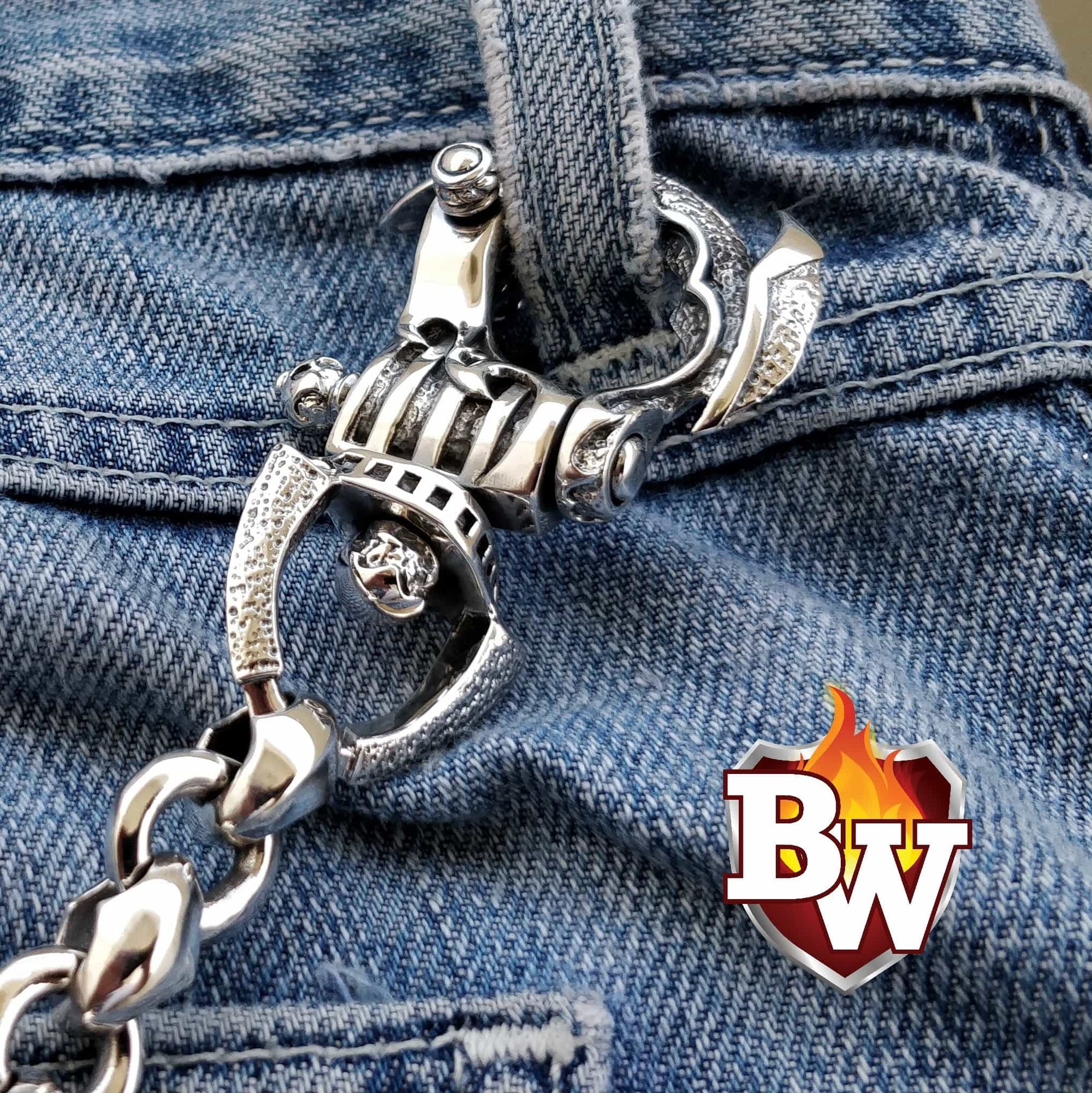

But that does not mean Smart Chain is only for decentralized finance. While some DeFi protocols have migrated over to Smart Chain from other blockchain networks, dozens of Smart Chain-native DApps have emerged and experienced substantial user growth since their inceptions.ĭeFi protocols, such as PancakeSwap, Venus, and Autofarm, make up most of the activity on BSC. The same goes for ETH, XRP, DOGE, and many more.Īs a low-cost, high-speed alternative to Ethereum, backed by one of the largest crypto companies in the world, Smart Chain already boasts a wide range of DApps and DeFi apps on its chain. BTCB (BEP20) tokens can then be deployed in DeFi protocols to earn yield on bitcoin. What’s more, leading digital assets on other chains can be ported onto Binance Smart Chain in the form of pegged BEP20 tokens.įor example, you could use Binance Bridge to swap bitcoin (BTC) for BTCB (BEP20) tokens backed by BTC. BEP20 is a developer-friendly token standard that allows anyone to deploy fungible digital currencies or tokens on Binance Smart Chain. Launched in September 2020, Binance Smart Chain boasts a five-second block time, cross-chain asset transfers, EVM compatibility, and a Proof of Staked Authority consensus protocol to ensure scalability.īinance Smart Chain has a BEP20 token standard that functions similarly to Ethereum’s ERC20 standard.


Binance Smart Chain exists to change that.īinance launched Smart Chain to provide a high-speed, low-cost alternative for the burgeoning decentralized finance (DeFi) market, which has suffered from Ethereum’s high transaction fees. While Binance Chain offers a high-throughput targeting active crypto trades, it lacks in the programmability department. Binance Smart Chain (BSC) is a smart contract-enabled parallel blockchain to Binance Chain that provides a permissionless platform for decentralized application (DApps).


 0 kommentar(er)
0 kommentar(er)
